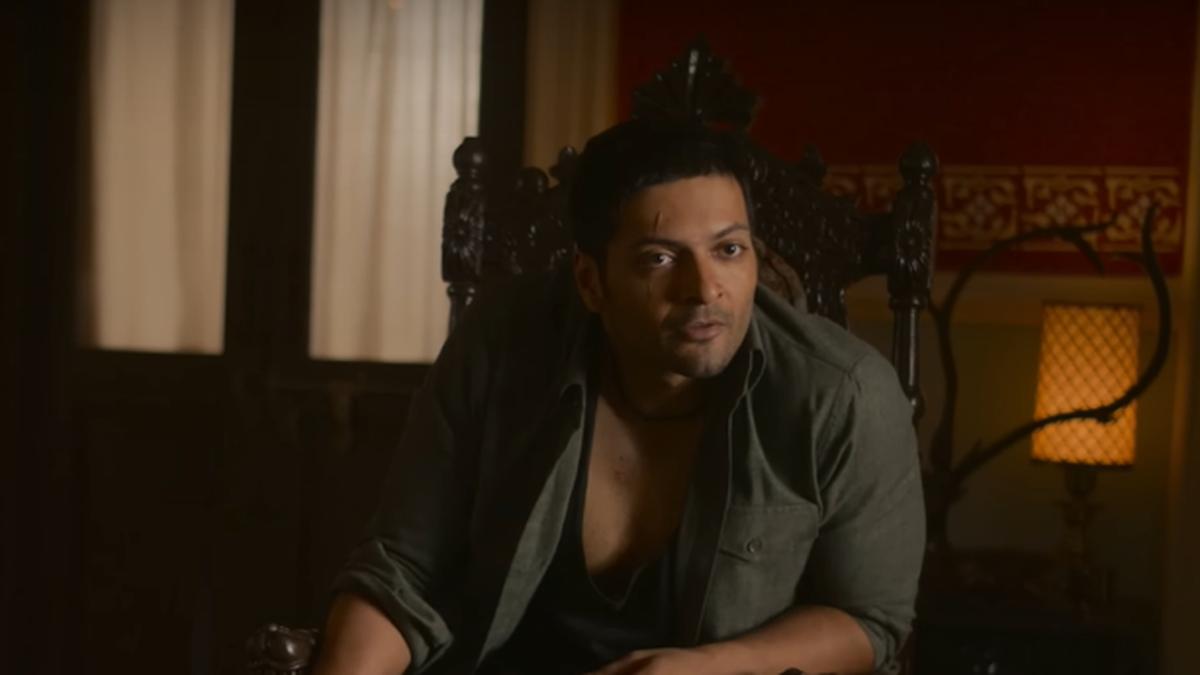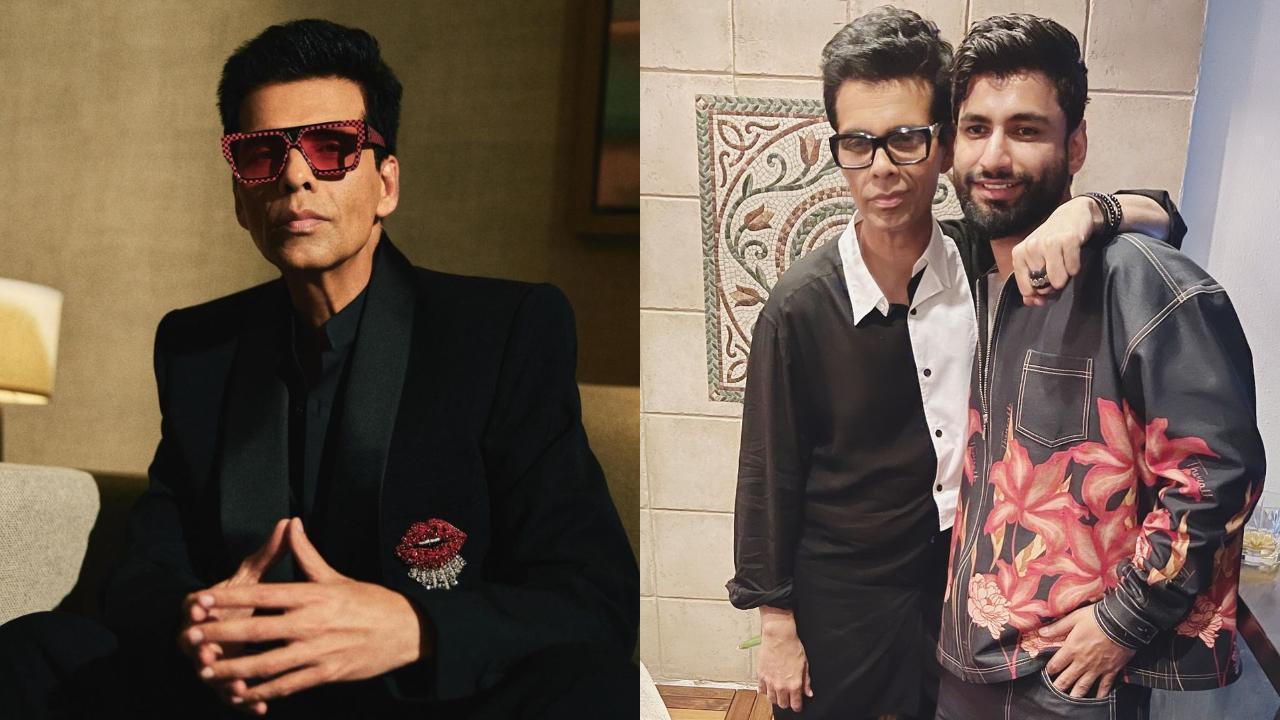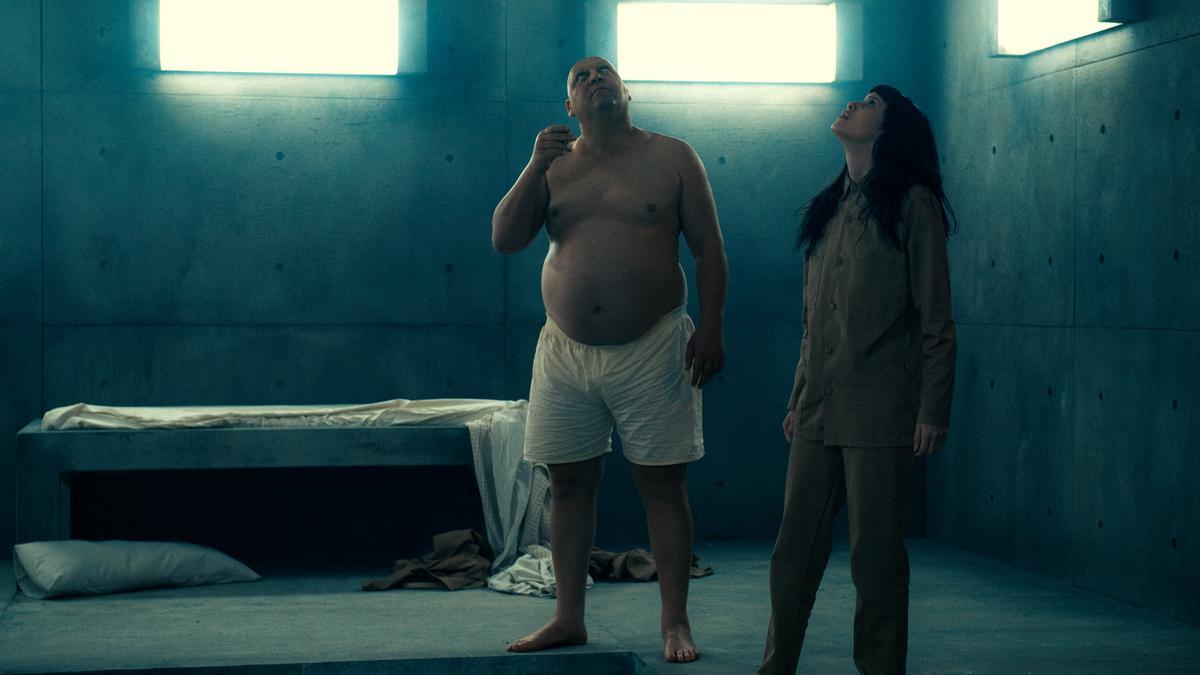
In the fifth episode of the much-anticipated third season of *Mirzapur*, the makers introduce a compelling new character, Rahim, played by Pallav Singh. Rahim immediately stands out with his unique style of reciting couplets that speak truth to power. His poetic verses often begin with a profound statement but are quickly juxtaposed with a punchline laden with expletives, a combination that transforms initially contemplative moments into crowd-pleasers. We learn that Rahim once dreamt of becoming a civil servant, but his aspirations were thwarted, landing him in prison with his dreams emasculated and his poetry reflecting his crude reality.
Rahim’s character encapsulates what *Mirzapur* aims to portray—a grim yet engaging look at the nexus between crime and politics in the Indian hinterland. The series begins with an earnest examination of how young minds are fascinated or misled by this dangerous intersection. However, it soon shifts gears to provide the forbidden pleasures akin to *lugdi sahitya* (pulp fiction), reminiscent of the sensational novels that were once bestsellers at railway stations before the digital age transformed youthful fantasies.
The series is crafted with an acute awareness that the mix of crude language, violence, and sex garners attention and even applause, masquerading these elements as art. This balance continues in the third season, where directors Gurmmeet Singh and Anand Iyer maintain the show’s unpredictability. Guddu Pandit, portrayed by Ali Fazal, exemplifies this unpredictability, his character oscillating between delight and dread, consistent with the series’ theme of power struggles within the drug trade.
With Munna (Divyendu Sharma) dead and Akhandanand Tripathi (Pankaj Tripathi) mostly out of the picture, Guddu now reigns over Mirzapur. Yet, his ambition extends towards ruling Purvanchal, a feat his peers doubt he can achieve due to his inability to balance brute force with business acumen. Guddu’s primary rival, Sharad Shukla (Anjumm Sharma), is determined to fulfill his father’s ambition, a father Guddu killed while working for the Tripathi family. Bolstered by political support, Shukla appears to have the upper hand, yet the resourceful Guddu, with sharp strategist Golu Gupta (Shweta Tripathi) by his side, remains a formidable opponent despite his impulsive nature.
The hapless police force, often depicted as powerless, shows signs of resilience this season.
. Led by Manu Rishi, who has built a career portraying helpless characters, the police deliver a memorable encounter sequence involving a Bhojpuri star, adding a new dimension to the show.
The subplot in Bihar, featuring Bharat/Shatrughan Tyagi (Vijay Varma), continues to struggle for relevance despite the writers’ efforts to integrate it into the main storyline. In contrast, the narrative surrounding druglord Lala (Anil George) and his daughter Shabnam flows more organically.
Violence remains a prominent theme, mirroring another recent release, where the focus on brutality overshadows subtler storytelling elements. In *Mirzapur*, the violence is integral to the plot, showcasing a world where survival of the fittest means heads are chopped off with impunity, and bullet wounds fuel intense, if unrequited, romance.
The series’ soundtrack, a pulsating backdrop, could easily get the Soho crowd moving. *Mirzapur* navigates criticism of its glorification of alpha males by making its female characters integral to the storyline. However, Shweta Tripathi’s Golu often seems exaggerated in her attempt to appear dominant, overshadowed by Alia Bhatt’s portrayal of strong female characters. Isha Talwar’s Madhuri Yadav falls into a stereotypical portrayal reminiscent of the “goongi gudiya” (dumb doll) trope, while Rasika Dugal’s Beena Tripathi remains the most authentic female character, adeptly navigating a patriarchal world.
Ali Fazal impresses with his evolving character, but Anjumm Sharma’s portrayal of a subdued gangster feels too literal, lacking in complexity. Vijay Varma’s talent is underutilized, and Pankaj Tripathi’s brief appearance highlights just how crucial his presence is to keeping *Mirzapur* compelling.
For those familiar with the region’s real political landscape, *Mirzapur*’s depiction of caste dynamics among the mafiosi can feel simplistic. The portrayal of political dissonance in a Yadav family is predictably clichéd, and the series’ representation of strongmen from various communities feels incomplete. More importantly, the ten-episode series sometimes indulges in manipulating viewers’ emotions, leaving them feeling either emotionally drained or deceived—a sentiment epitomized by the unexpected ‘gift’ Guddu offers Shukla in a supposed peace meeting.
*Mirzapur* Season 3 is currently streaming on Amazon Prime, offering a riveting yet harsh portrayal of crime and politics in India’s heartland.










